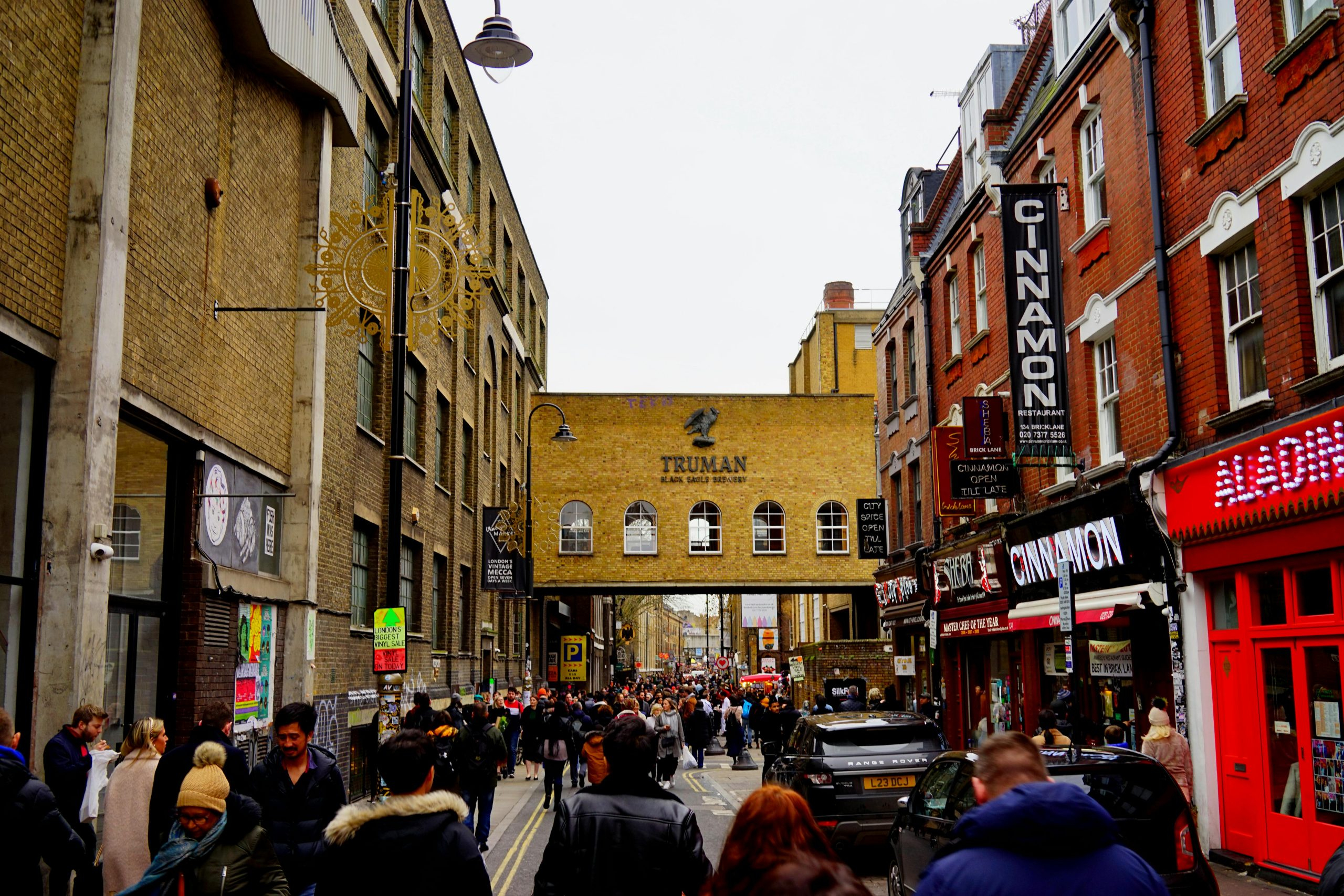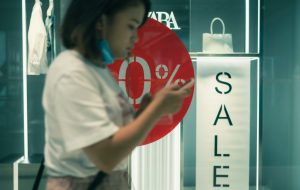How Artificial Scarcity Creates Buzz in Shopping Markets
Have you ever felt the urge to buy something limited edition or exclusive, even if you didn’t really need it? If so, then you have fallen victim to the powerful marketing strategy of artificial scarcity. In today’s world, where consumerism and materialism reign supreme, companies are constantly looking for ways to make their products more desirable and increase their sales. And one of the most effective tactics they use is creating artificial scarcity. In this article, we will explore exactly how this strategy works and how it creates a buzz in shopping markets.
The Basics of Artificial Scarcity
If something is scarce, it automatically becomes more valuable and desirable. This is a basic principle of economics. And businesses have been using this concept to their advantage for centuries. However, with the rise of the internet and social media, artificial scarcity has become easier to create and more effective than ever before. So what exactly is artificial scarcity? Simply put, it is when a company deliberately limits the availability of a product, creating the illusion of shortage and exclusivity.
Take, for example, the release of a limited edition sneaker by a popular brand. The company will only produce a certain number of these sneakers, making them exclusive and highly sought after by collectors and fans. And this scarcity is further amplified by the brand’s clever marketing tactics, such as teasing the release date and sharing sneak peeks of the product on social media.
The Psychology Behind Artificial Scarcity
Humans are naturally drawn to things that are limited, rare, or exclusive. It triggers a sense of urgency and fear of missing out (FOMO). This fear of missing out is what drives people to queue for hours or even pay exorbitant prices for products that they don’t really need. Businesses understand this human behavior and use it to create a sense of frenzy and excitement around their products.
Another psychological factor at play here is the perceived value of a product. When something is scarce, it is automatically perceived as more valuable and desirable. This is because we tend to associate rarity with quality and exclusivity. So even if a product is not necessarily better than its more readily available counterpart, people will still be willing to pay a higher price for it.
The Buzz Created by Artificial Scarcity
When a company creates artificial scarcity, it generates a buzz that spreads like wildfire. People start talking about the product, sharing it on social media, and lining up to get their hands on it. This buzz creates a sense of hype and excitement around the product, making it even more desirable and increasing its perceived value. And with the rise of social media influencers, this buzz can reach an even wider audience, creating a sense of social proof and further driving the demand for the product.
But is it Ethical?
The use of artificial scarcity in marketing has been widely debated and criticized. Some argue that it manipulates consumers into buying things they don’t need or can’t afford. Others argue that it creates a toxic and competitive consumer culture. And while these criticisms may hold some truth, it ultimately comes down to the consumer’s choice. Businesses can create scarcity, but it is up to the consumer to decide whether or not to fall for it.
In Conclusion
Love it or hate it, artificial scarcity is here to stay. It has become an integral part of marketing and has proven to be an effective way to generate buzz and drive sales. Companies will continue to use this strategy as long as there is a demand for limited edition and exclusive products. As consumers, it is important to be aware of these tactics and make informed choices when making purchases. So the next time you see a product that is marketed as limited edition or exclusive, ask yourself if you really need it or if you’re just falling for artificial scarcity.










